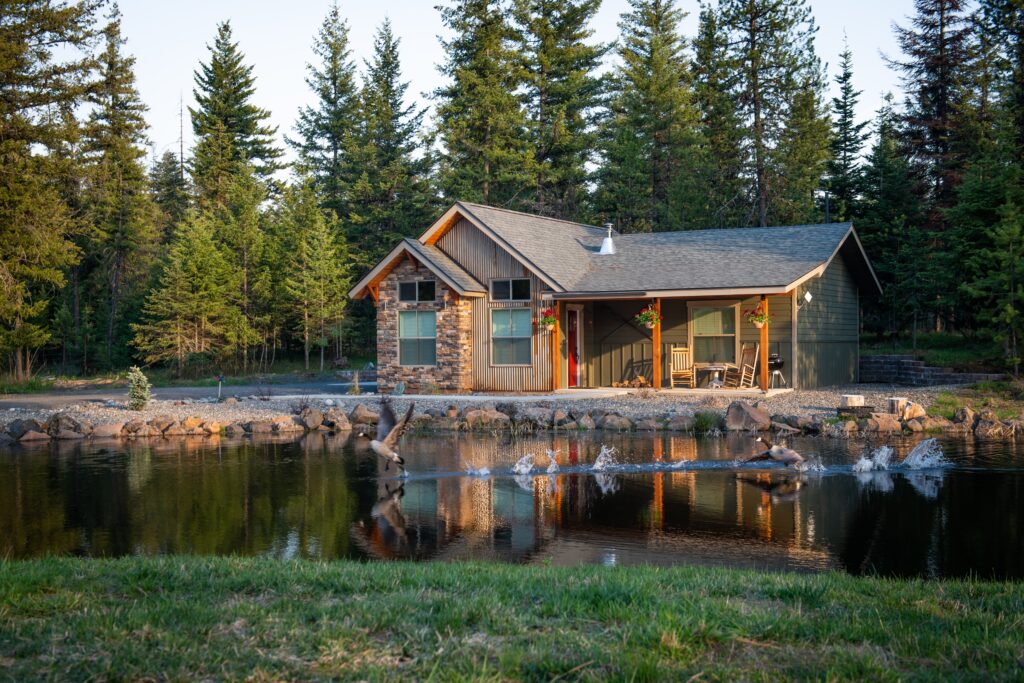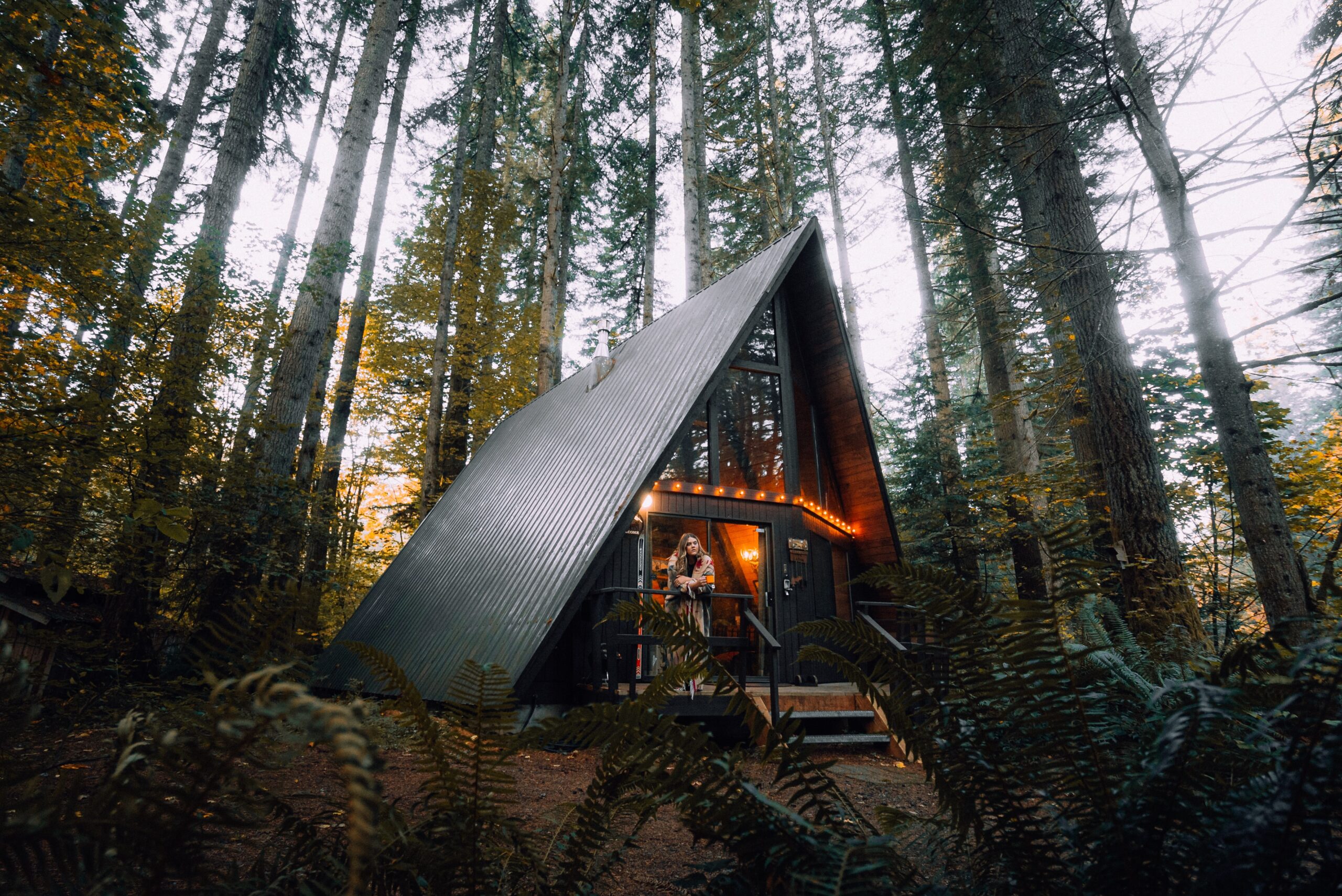Before finalizing an investment strategy, real estate investors looking to join the sharing economy need to evaluate the ins and outs of Airbnb vs. renting. While regular renting remains a safe bet for investors, there’s no denying that short-term rentals have skyrocketed in popularity in recent years.
If you are looking to rent out your property, your primary concern is likely to be which option generates the most revenue. They both have their pros and cons, and it’s a good idea to carefully consider each option before making your decision. Read on to learn the key factors related to vacation rentals and traditional renting, as well as which option brings greater revenue.

Airbnb vs. Traditional Renting: Defining the Terms
What is an Airbnb rental?
An Airbnb rental is a property that is leased to someone on a short-term basis, usually over a few days to several weeks. However, long-term rentals, rented for a month or longer, are also available. Airbnb rentals can be houses, apartments, rooms, and even more unusual properties like boats, castles, and forest cabins. The pricing structure of these rentals is flexible as hosts can change their daily rates regularly to maximize revenue.
What is traditional renting?
A traditional rental property is a property leased out by a landlord to a tenant for a longer, fixed period, usually 6 months or 12 months. The rate charged is a monthly rate, and it is usually a set figure based on a signed rental contract between the landlord and tenant. Traditional rental properties are usually houses, apartments or rooms.
Airbnb vs. Renting: Legal Rules and Regulations
Rules and regulations relating to short-term and traditional renting differ. In regular renting, property owners who own a freestanding property should be able to rent it out to long-term tenants. If your property is in a complex or building, you may need permission from the Homeowner’s Association first.
The regulations for short-term rentals are a little more complicated. Short-term rental laws are different in every state and may vary from city to city. In some cities, short-term rentals may be completely prohibited, while in others, they may be allowed to operate under very strict regulations. You may also need to get permission from your neighbors to operate a vacation rental and permission from your HOA if your property is in a housing complex. Make sure you know the local zoning regulations of an area before making a real estate investment decision.
Also, if you are thinking of subletting, you will first need written permission from the existing landlord to do so.
Short-term Renting vs. Traditional Renting: Property Tax
When it comes to taxes, your Airbnb business will be treated as such, and the income you earn on your rental property will be subject to tax. In the USA, you will need to pay federal and state income tax and, in certain states, you might need to pay occupancy tax as well for listing your property on Airbnb.
The income you earn on traditional property renting is also taxed, however, there are more exceptions available. Any money you put into getting the property ready (such as buying furniture, doing upkeep, etc.) can be listed as business expenses, which will be exempt from tax.



